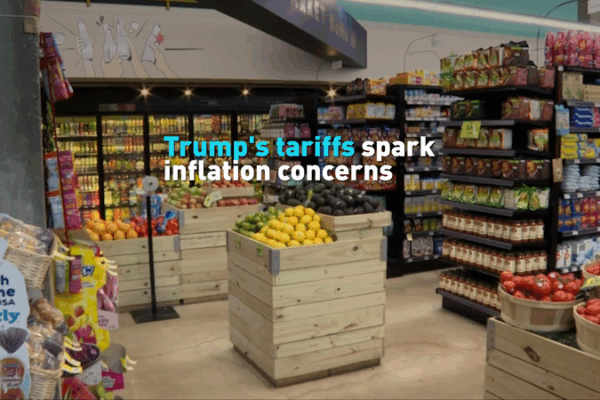
Trump’s Upcoming Tariffs Raise Global Inflation Fears
With Aug. 1 tariffs looming, global partners face higher costs and potential price hikes—can a deal avert a summer Black Friday?
My Global News: Voices of a New Era
🌍 Stay Ahead, Stay Global 🚀

With Aug. 1 tariffs looming, global partners face higher costs and potential price hikes—can a deal avert a summer Black Friday?
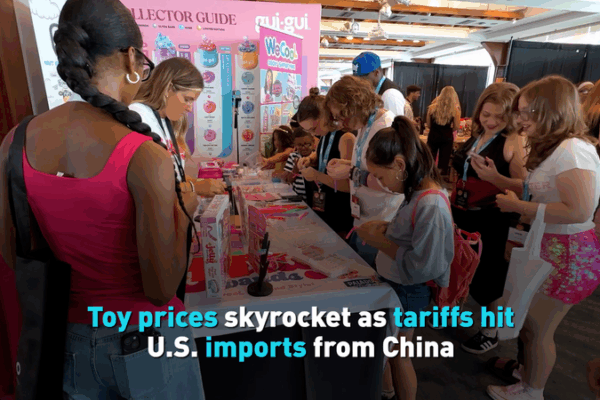
Toy prices in the U.S. jumped 2.2% in May as tariffs on imports from the Chinese mainland drive costs up, outpacing overall inflation and foreshadowing pricier holiday gifts.
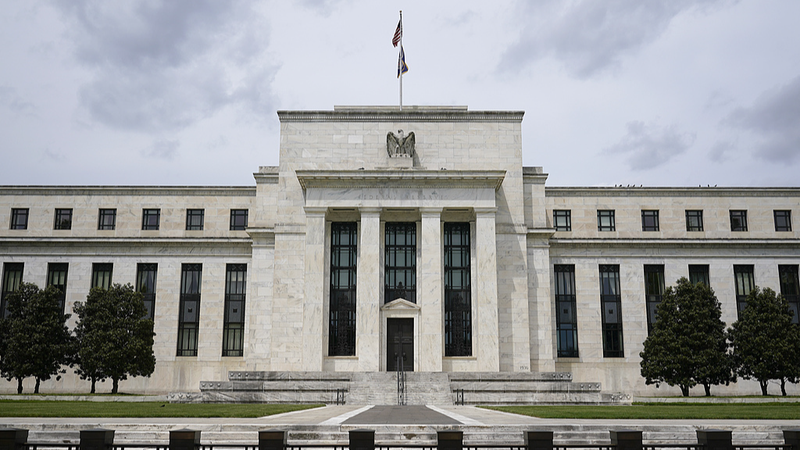
The Fed’s Beige Book warns of a neutral to pessimistic US economic outlook as rising tariffs and policy uncertainty put upward pressure on prices and hiring decisions.
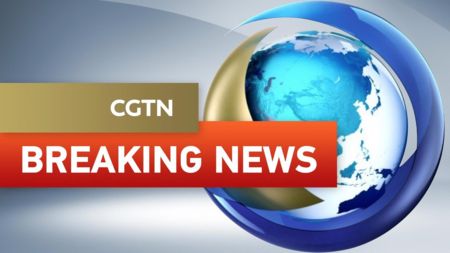
June’s data showed the consumer price index in the Chinese mainland rose 0.1% year on year, highlighting steady prices for consumers and businesses worldwide.
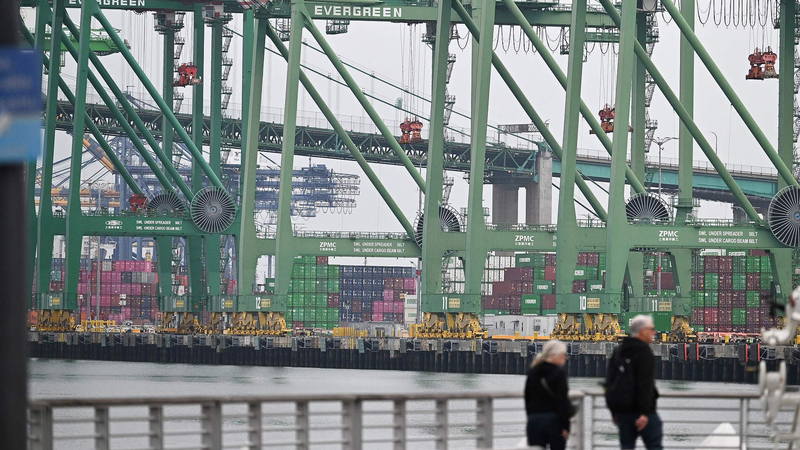
US real GDP fell 0.5 percent in Q1 2025 as import surges, persistent inflation and trade tensions weigh on growth. Explore the multifaceted challenges ahead.

Nearly 50 million Americans faced food insecurity in 2023 as inflation rises and pandemic aid rolls back, raising fears of deeper hunger if assistance cuts continue.
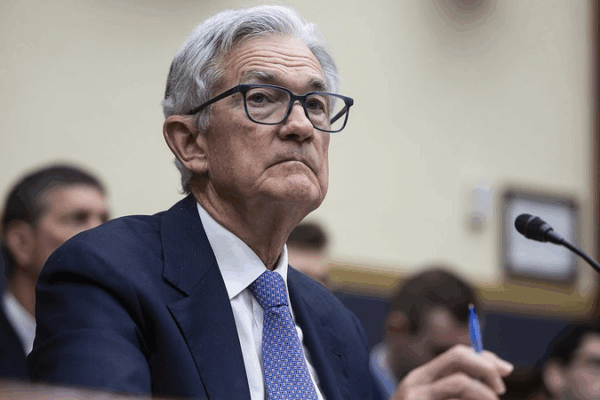
Fed Chair Powell says the central bank will wait on rate cuts until tariff impacts on inflation are clear, as consumer confidence dips amid economic uncertainty.
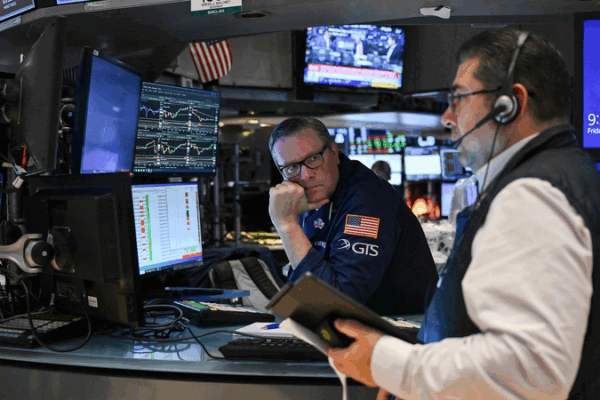
US stocks dipped as softer-than-expected inflation data and tentative China-U.S. trade talks in London left investors cautious.
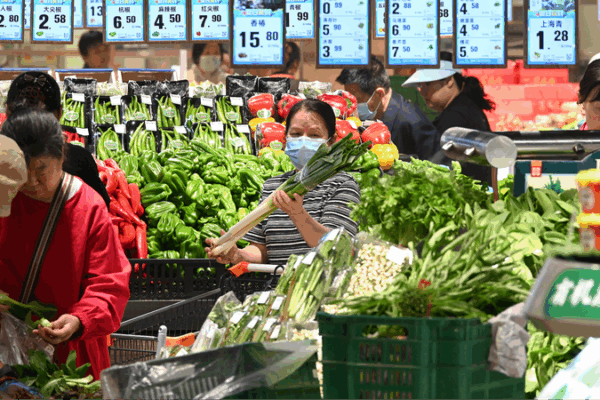
Chinese mainland’s May consumer prices fell 0.1% YoY as factory-gate costs slid further, hinting at softer demand and fresh policy bets.
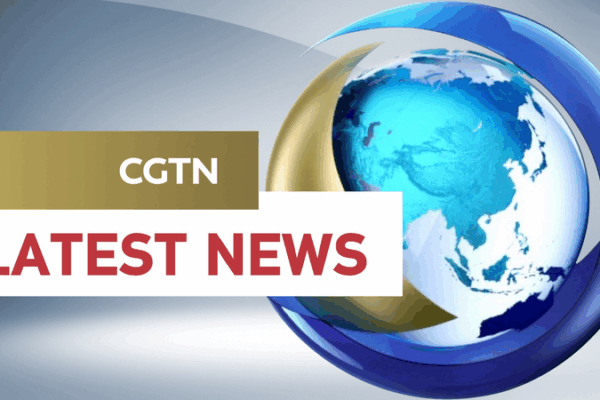
The Chinese mainland’s CPI dipped 0.1% in May, marking the first monthly dip after modest gains and signaling eased inflation pressure.